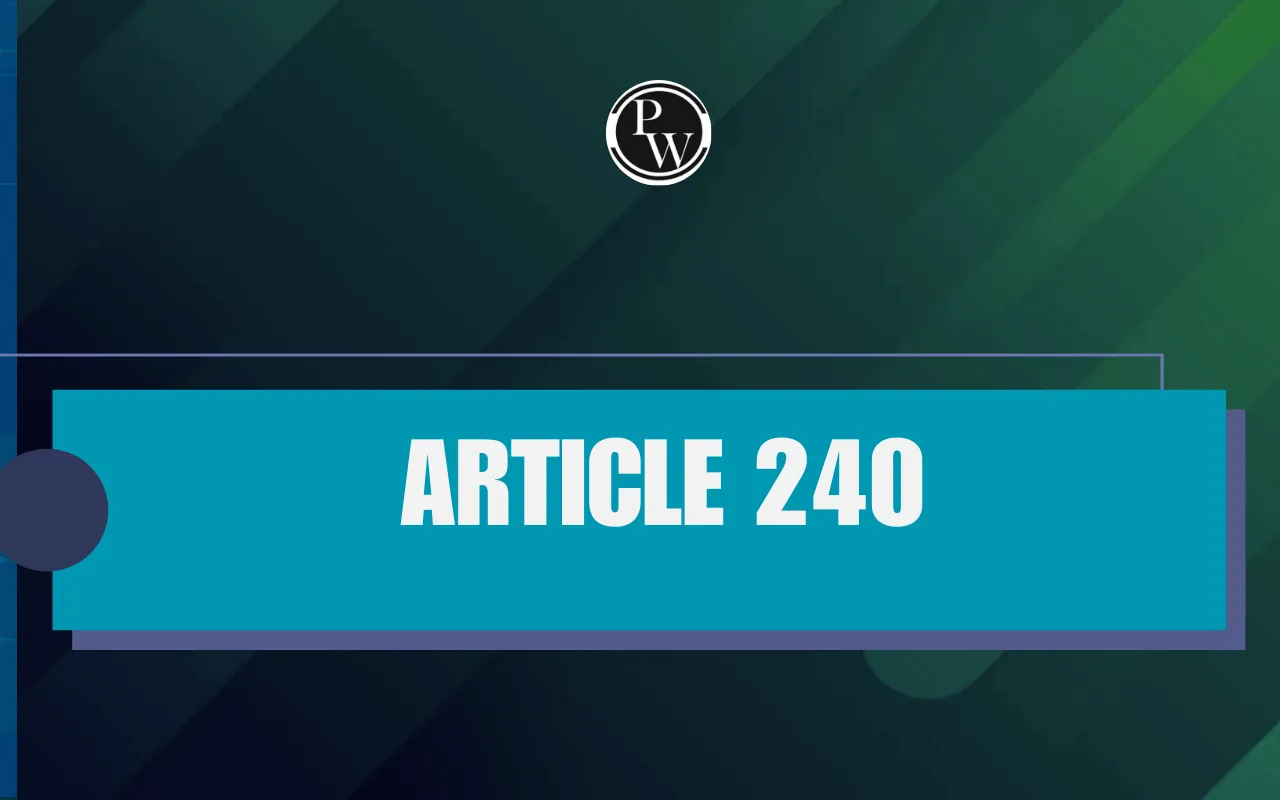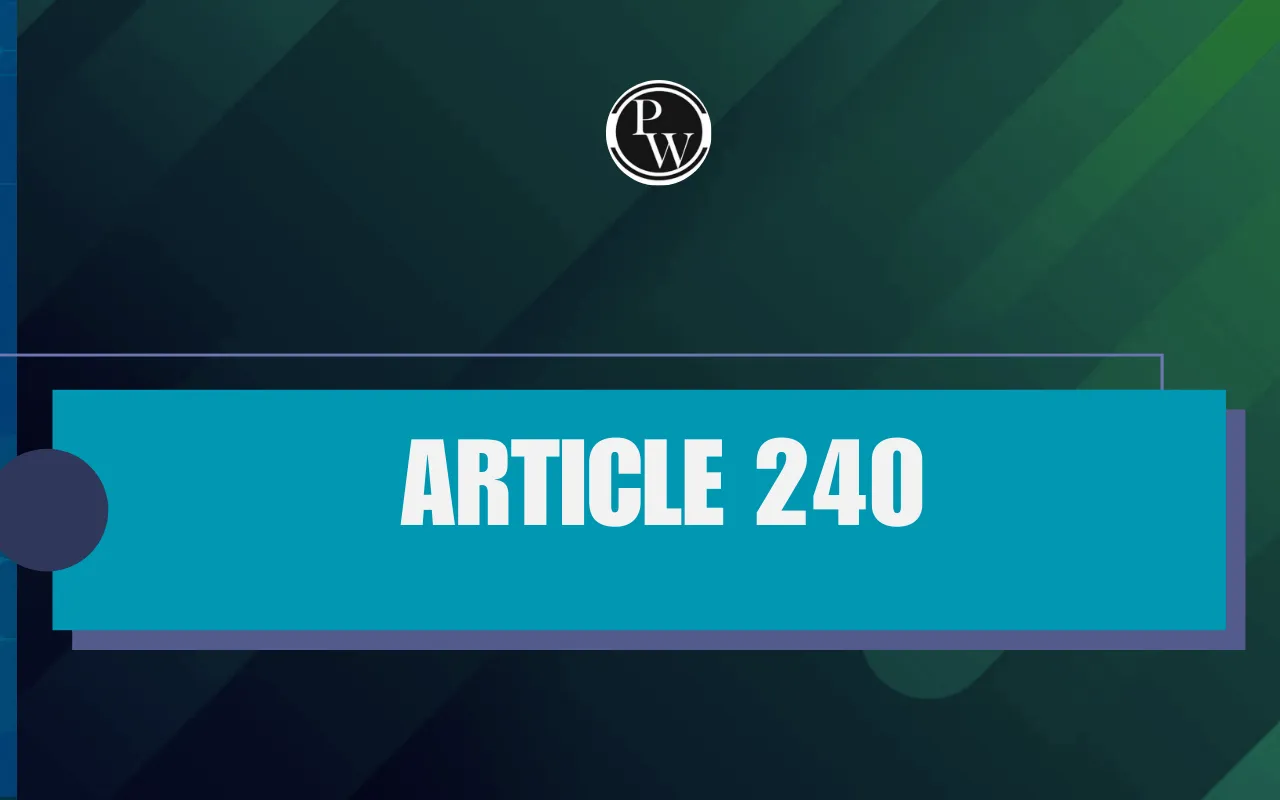

Article 240:The President's legislative authority granted by Article 240 can be exercised in regard to several Union Territories, namely Andaman and Nicobar Islands, Lakshadweep, Dadra and Nagar Haveli, Daman and Diu and Ladakh. The constitutional exercise of regulations have the same force and effect as an Act of Parliament. Moreover, the President can exercise the authority to amend each of these Union Territories in which a parliamentary Act was enacted. Therefore, the Union Territories must be provided with the autonomous legislative authority to ensure development needs of these unique Territories are generally met under laws crafted and applied in relation to these territories.
What is Article 240?
Article 240 of the Indian Constitution is a specific provision that grants the President of India the authority to promulgate regulations for the peace, progress, and good government of certain Union Territories. This power allows for the creation of laws that might not otherwise be possible through the general legislative process, enabling governance solutions tailored to the unique circumstances of these regions. The President can even repeal or amend an Act of Parliament that applies to these Union Territories, signifying a significant executive power.
Key Provisions of Article 240
Article 240's provision reflects not just a legal extreme for governance but more practically, particularly provided for colonized territories that likely have distinctive geographic, cultural, or historical characteristics. Article 240 was intended to streamline legislative activity for smaller, often remote Union Territories.
Article 240 and Union Territories
The application of Article 240 is pivotal for the specified Union Territories, allowing for administrative flexibility. For example, for a Union Territory like Chandigarh, while it has its own administrative framework, the broader principle of presidential regulatory power, though not directly under Article 240, underscores the central government's role in UT governance. This article ensures that specific local requirements, which might differ significantly from those of the mainland, are addressed effectively through presidential regulations. This mechanism often avoids the need for extensive parliamentary procedures for minor, but crucial, legislative adjustments.
Historical Context and Purpose
Under the framework of Article 240, the President has the authority to legislate for Union Territories,allowing the Union Territories tomeet their unique development and administrative needs. Therefore, understanding Article 240 of the Constitution is important to understanding the complex governance structure within India's federal system. The purpose of creating Article 240 was to provide a streamlined, efficient legislative process for these smaller, often remote, Union Territories. Instead of requiring full parliamentary enactment for every regulation, which could be cumbersome and time-consuming, this article empowers the President to act swiftly. This ensures that the administration of these regions remains responsive to their specific challenges and opportunities for progress.
Article 240 and Chandigarh
Article 240 of the Indian Constitution empowers the President of India to make regulations for the peace, progress, and good governance of certain Union Territories (UTs) that do not have legislative assemblies. The UTs currently included under Article 240 are Andaman and Nicobar Islands, Lakshadweep, Dadra and Nagar Haveli and Daman and Diu, and Puducherry (only when its assembly is dissolved or suspended).
Recently, the government has introduced the Constitution (131st Amendment) Bill, 2025 to bring Chandigarh under the purview of Article 240. If passed, this would shift Chandigarh’s governance from being managed by the Punjab Governor (who presently acts as its Administrator) to direct administration through Presidential regulations
